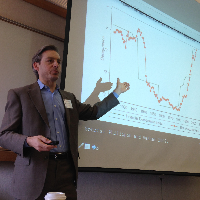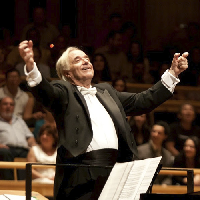Tianhai MBTI Personality Type
Personality
What personality type is Tianhai? Tianhai is an INTJ personality type in MBTI, 1w9 - sp/so - 152 in Enneagram, RCOAI in Big 5, in Socionics.
Biography
Tianhai's travels around the world led him to discover his true calling: to save the world-and at any cost. The Wandering Monk Some hundred or so years ago, Tianhai rose to great fame for assisting the Flame Emperor of Icuria. It was he who aided the Flame Emperor in seizing the throne, and joined him in taking to battle across the land. His achievements were too many to number. In year 1587 of Icuria, however, the emperor was to fall. It was then that his mentor, Tianhai, vanished without a trace. It was not until the heroes' arrival upon Morus Isle to seek the Mask of Immortality that they realized Tianhai, he who had vanished almost a century ago, was also present here. It appeared that he was one of the legendary Hidden; in fact, he was their envoy...
























